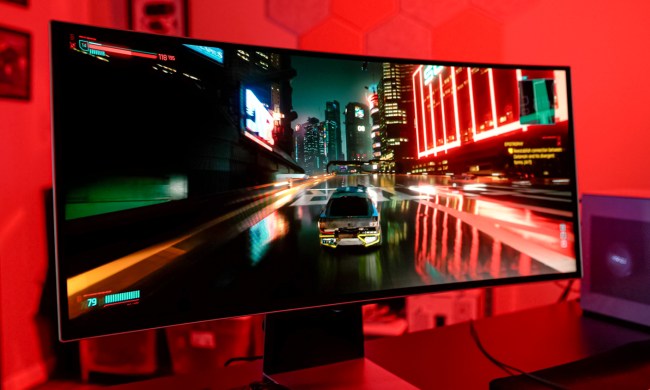Midjourney released its External Editor on Thursday, “a powerful new tool for unleashing your imagination.” Available to select users, the AI tool will enable users to upload their own images, then adjust, modify and retexture them in a wide variety of artistic styles.
Previously, users could upload a reference image to Midjourney, either through the alpha web app or its discord server, then have the generation model use that as a reference to create a new image. You could not, however, make any edits to the source image itself. That’s changing with the new External Editor. With it, you’ll be able to add, modify, move, resize, remove, and restore specific assets within the image, as well as reskin it as a whole in an entirely new style — shifting it from, say, a photograph to pointillism to impressionist to anime. The system reportedly works on doodles and line drawings as well.
The new tool is not rolling out to everybody just yet. “To maintain the same moderation standards we’ve set across Midjourney,” the company wrote in its announcement blog, it is only making it available to users who have subscribed to its service for a year or more, or who have generated 10,000 or more images through the Midjourney platform — essentially, its most loyal customers.
This policy will hopefully prevent a flood of copyright-infringing generations like we saw with the release of xAI’s Grok 2. Although, one user, Halim Alrasihi, has already went ahead to race-swap a model in an image using the External Editor, highlighting the fact that it’s nearly impossible to control AI-generated imagery
You will also, of course, have to meet the site’s age requirements, as well as “follow all applicable laws, our Community Guidelines, and other policies.” The company also reserves the right to remove content at its discretion and warns that, “you will likely encounter friction with our moderation — seemingly innocent prompts may be blocked by our filters.”
Midjourney founder David Holz also noted in a message on the company’s Discord server that “all of these things are very new, and we want to give the community and human moderation staff time to ease into it gently …”
Users have already begun publishing their edited works online, with examples that are as impressive as they are troubling. Dreaming Tulpa, for example, used it to retexture the Mona Lisa in various gothic styles — that’s “gothic” as in Hot Topic mall goth, not the period of artistic and architectural innovation in Europe lasting from the 14th to the 16th centuries.
new midjourney editing feature
yesterday was the last day reality could be discerned from fiction. i hope you made the most of it! pic.twitter.com/TtPjTn8zjD
— near (@nearcyan) October 23, 2024
Another user, near, conversely, used it to replace a cake with a stack of GPUs in an image of Nvidia CEO Jensen Huang, bragging that, “yesterday was the last day reality could be discerned from fiction. i [sic] hope you made the most of it!” As to whether or not this extremely resource-heavy computation will result in anything more than defacing classical artworks or generating memes is still yet to be seen.
Granted, Midjourney isn’t the only AI company offering these sorts of services. Gemini, ChatGPT (via Dall-E), Grok, and Copilot can all generate and edit images in a similar manner.




